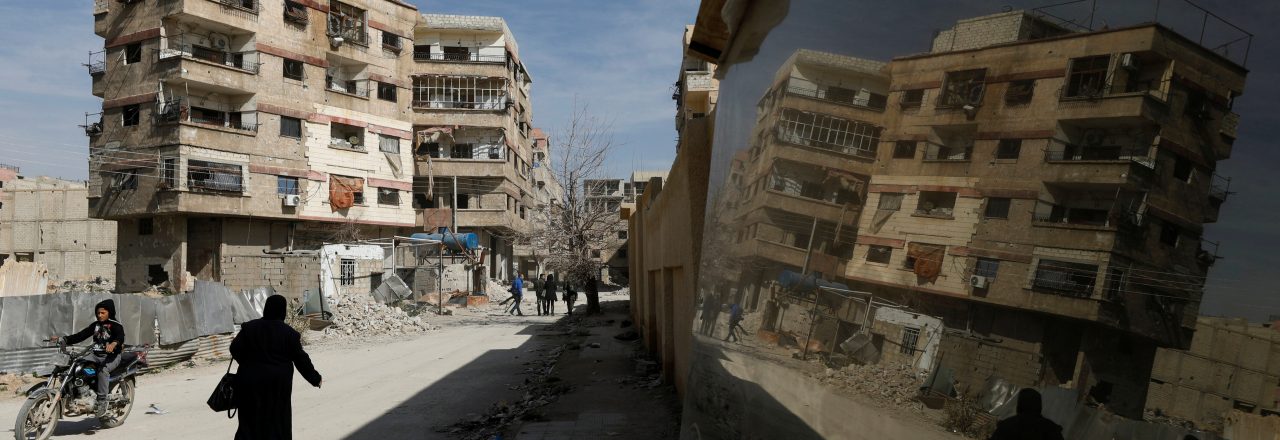
Al-Assad’s offensive over Idlib continues despite diplomatic efforts
Over the past few weeks, the Syrian military, with Russian aerial support, has intensified its offensive over the north-western region of Idlib, despite diplomatic and humanitarian efforts to downgrade the tensions. In late July, the UN launched a strong diplomatic and humanitarian call to stop the tragic situation in the region, denouncing that the governmental offensive had already provoked over 100 civilian casualties in just 10 days and had forced 400.000 people to flee in the three previous months. The UN also called for an inquiry about the hospitals bombed by Al-Assad’s forces. On 2 August, at the end of the 13th round of the peace talks in Nur-Sultan, formerly Astana, a conditional ceasefire was announced. But yet, on 8 August clashes resumed and later on a Turkish convoy was presumably targeted, provoking rising tensions between Damascus and Ankara. On 20 August, rebels were forced to withdraw from the strategic city of Khan Sheikhoun after intensified governmental attacks. On 27 August, Turkish President Recep Tayyip Erdogan met his Russian counterpart Vladimir Putin in Moscow and declared that it is not acceptable to kill “civilians from air and land under the pretence of battling terrorism”. Despite the objective divergences on the ground, the two presidents reassured their commitment to take “additional joint steps” in order to “normalise” the situation in Idlib.
- The Euromed news are edited by the team of the Euro-Mediterranean Policies Department of the European Institute of the Mediterranean -


